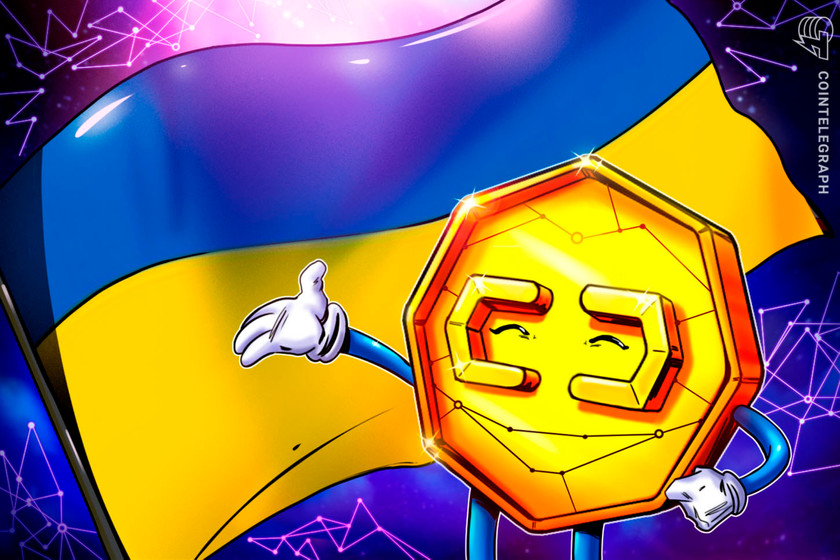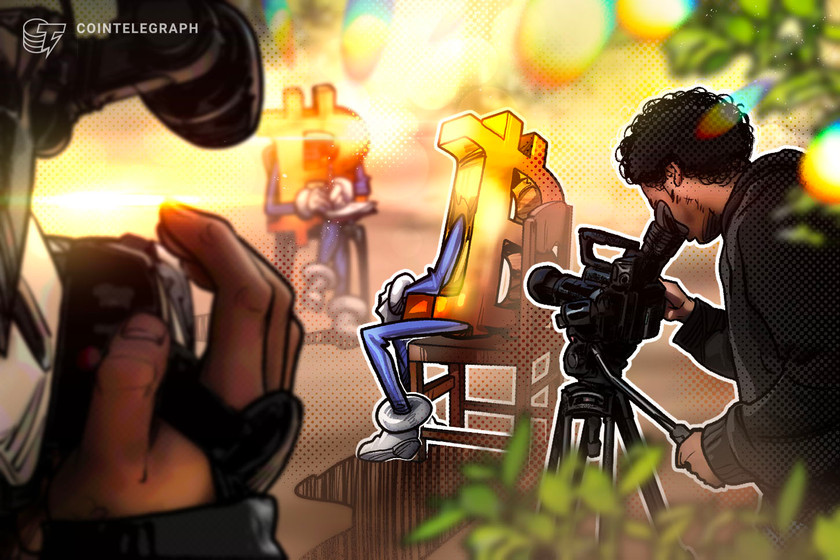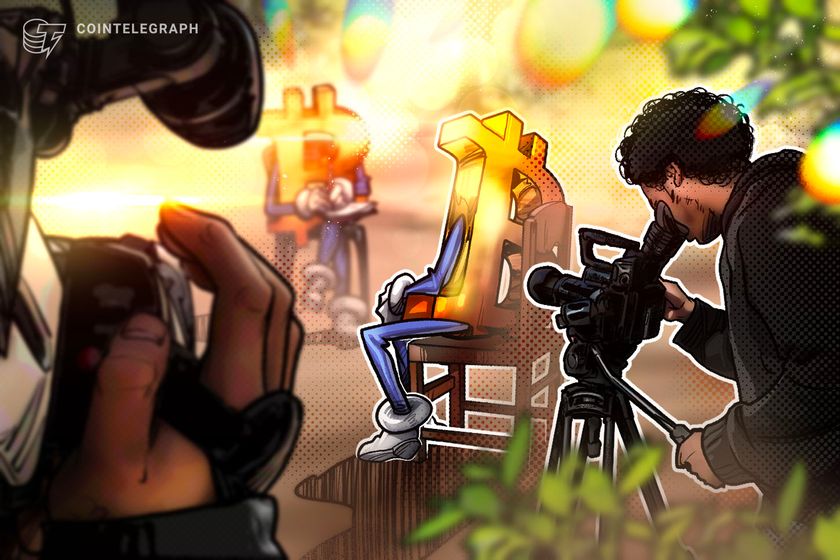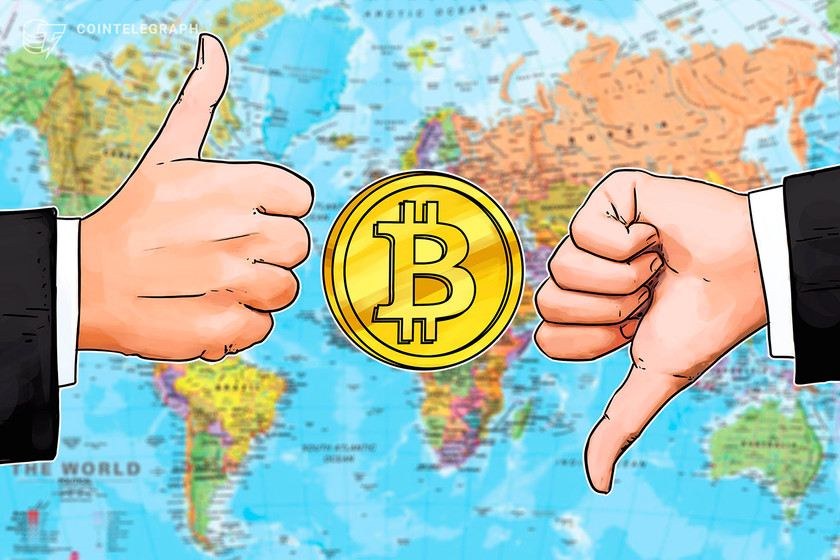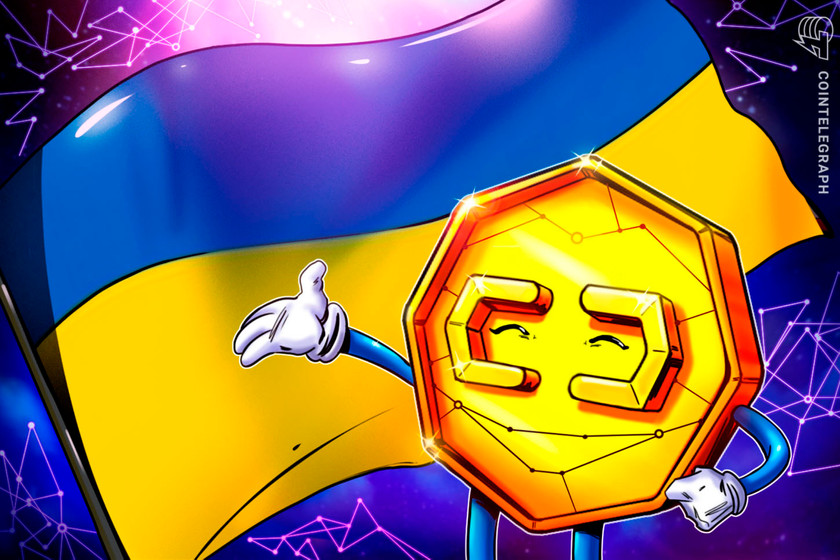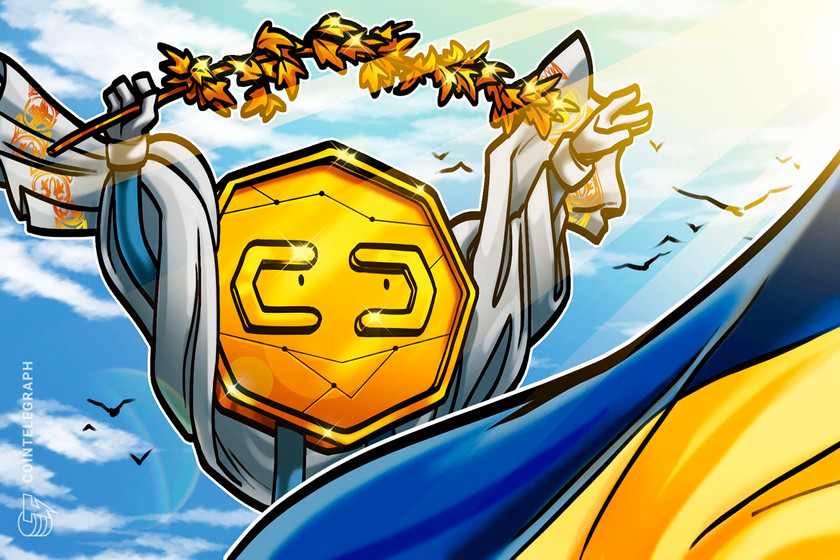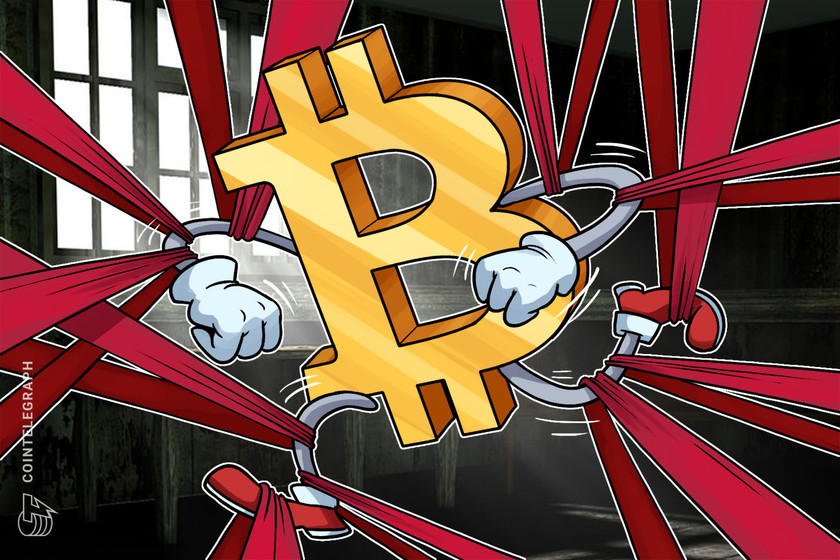Ukraine plans to adopt EU’s new cryptocurrency regulations


Immediately after passing the European Parliament, Ukrainian authorities announced plans to adopt the EU’s MiCA regulations on crypto assets.
Hot on the heels of the European Parliament passing the Markets in Crypto-Assets (MiCA) regulation, Ukrainian regulators have stated publicly that they will adopt the legislative package in their own country as well.
The deputy chairman of the Tax Committee of Ukraine, Yaroslav Zheleznyak, said on his Telegram channel on April 20, “We, along with colleagues from the NKCPFR [National Commission on Securities and the Stock Market] and other regulators, are already working on implementing some provisions of MiCA to make crypto assets legal in Ukraine.”
Yuriy Boyko, a member of the NKCPFR, said, “I am sure Ukraine will be one of the first countries to implement this regulation into national legislation.”
The introduction of MiCA marks a major advancement for the crypto industry within the European Union.
MiCA is the result of long efforts of European policymakers to introduce uniform regulations and create standardized rules for crypto assets across the EU, as crypto businesses are currently required to adhere to 27 distinct regulatory frameworks across EU member countries.
The implementation of MiCA is expected to enhance the competitiveness of startups in the EU, which could lead to a rise in their market share as compared to unregulated competitors.
Related: Ukraine’s central bank sees both promises and threats in Bitcoin
Despite the need for EU lawmakers to still conduct legal and linguistic checks for MiCA as well as publish the bill in the EU journal, different stakeholders in the crypto industry have reacted positively to the development.
Ukraine’s move to adopt EU regulations comes on the backdrop of the Eastern European country receiving candidate status to the EU in June 2022. Per the European Council, European regulators have “acknowledged the considerable efforts that Ukraine has demonstrated towards meeting the objectives underpinning its candidate status for EU membership.”
Magazine: Helping Ukraine without donating: Laura’s DeFi staking plan

